The MCU Should Not Exist (14 Amazing Facts About the Unlikely Rise of the MCU)
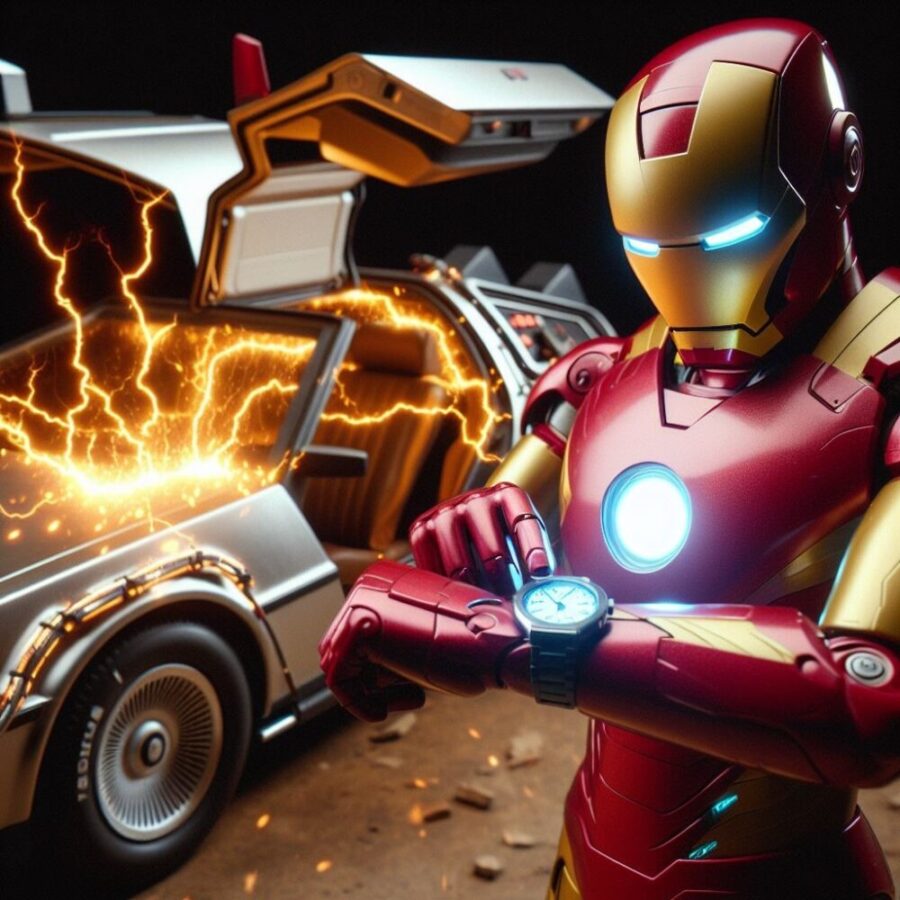
DALL-E
It’s no secret that the MCU has waned in popularity. But it’s easy to take for granted the incredible rise of the MCU. Amazingly, it happened at all. Did you know that Marvel had two different names in the past?
Actor Robert Downey Jr. was never the first choice for 2008’s Iron Man. A 1990s comic book speculator’s bubble almost shuttered Marvel in the 1990s. Marvel sold off the film rights for many of its characters to other studios long before the MCU was created. The Black Panther and Captain Marvel IPs were never meant to be released as MCU films or included in the Infinity Saga due to ruthless corporate politics.
Considering the storied and controversial history of Marvel Comics, the MCU probably shouldn’t exist. Here are 14 amazing facts about the unlikely rise of the MCU. If history had deviated in any small way, it might not exist now.
Marvel Comics Had No Brand Identity During Its Founding

DALL-E
The rise of the MCU could not have happened if the “Marvel” brand never existed. National Allied Publications, which later became DC, launched in 1935. The company published the first superhero comic Action Comics #1 in 1938. Timely Comics, launched as a competitor, published Marvel Comics #1 in 1939. It featured the Human Torch and Namor. Timely later published Captain America and war-themed comics but lost popularity by the late 1940s. It would be decades before the company renamed itself Marvel.
Another Name Change, Anthology Focus, and Moral Panic
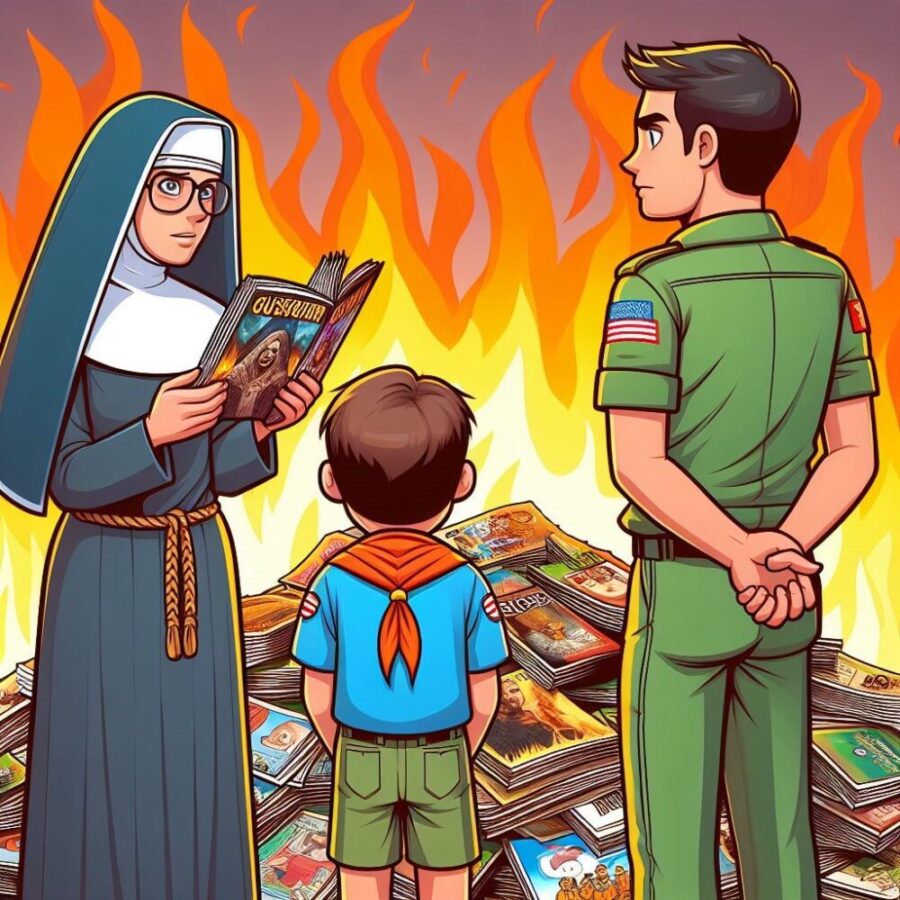
DALL-E
Timely Comics became Atlas Comics in the 1950s and focused on publishing anthology comic books. However, comic books were seen as morally damaging for kids at the time. Churches and educational groups publicly burned comic books in this era of moral panic. The Comics Code Authority, a censorship board, was created in 1954 to dictate what could and couldn’t appear in comics. DC Comics had heroes like Batman, Superman, and others while Atlas was publishing anthologies and had no real superhero identity yet. The rise of the MCU would be a moot point if Atlas folded then.
Marvel Gets Its Name and Stan Lee Becomes PR Ambassador
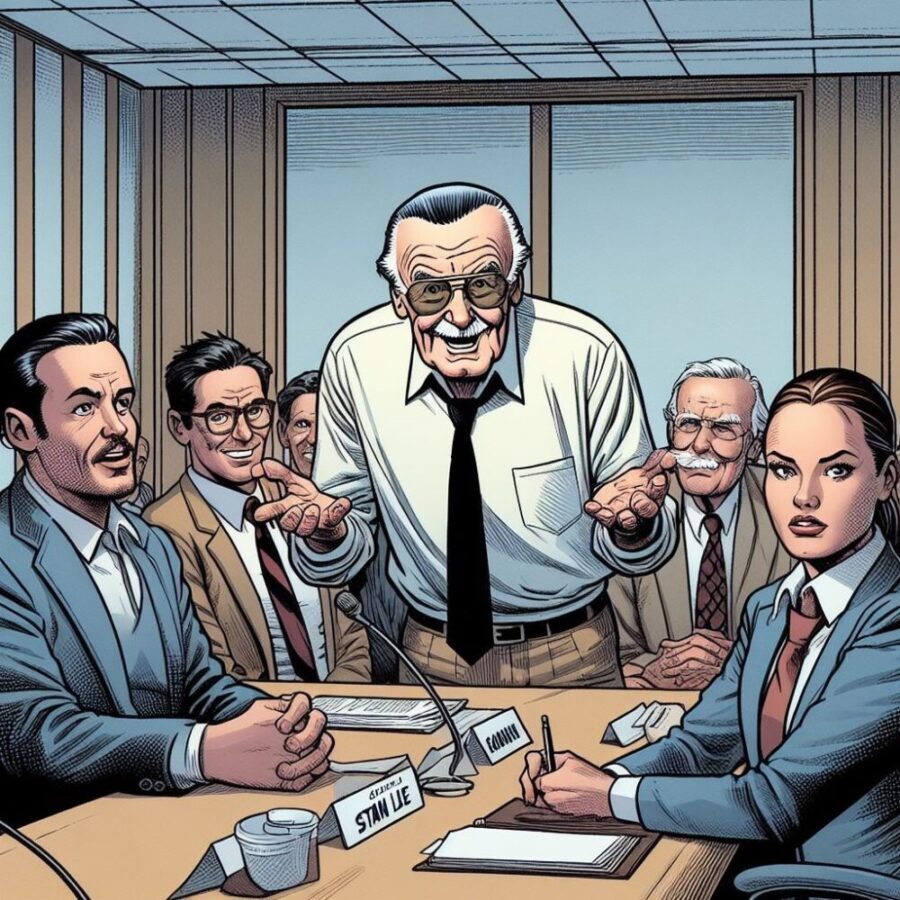
DALL-E
Atlas Comics was renamed Marvel Comics in 1961. While critics say the late and legendary Stan Lee may have taken too much credit for Marvel’s success, no one denies that he was an integral reason for it. Stan Lee was at Marvel since the Timely days and later became a writer, editor, executive, and PR media machine for the company. Lee tried to create a proto-MCU via licensing long ago, did voiceovers for Marvel films, shows, and cartoons of the era, and was the main PR man. If Stan Lee hadn’t taken such initiative after Marvel’s official branding in 1961, the rise of the MCU would not have happened.
Superhero Stories With Real World Problems Started With Marvel

DALL-E
Comic book characters did not have nuance or depth in the 1940s and 1950s. Stan Lee and fellow Marvel creators are credited with being the first publisher to create characters with emotional depth and pathos who dealt with issues that mirrored the real world. The real-world issues that Iron Man, Spider-Man, the Fantastic Four, Daredevil, and Fantastic Four and more grappled with in the ’60s, ’70s, ’80s, and ’90s comics became the inspiration for the rise of the MCU. Without this creative philosophy, which was mind-blowing back then, MCU characters wouldn’t be interesting.
Marvel Comics Was Sold Multiple Times in the 1980s

DALL-E
Marvel Comics was bought and sold by several businesses in the 1980s Comic books were considered children’s entertainment or silly during this era. Culturally, adult comic book fans were seen as weird or immature, a demographic Marvel was trying to reach even then. Most of the companies that bought and sold Marvel didn’t know what to do with it. Any one of them could have shut down the company for good preventing the rise of the MCU. Businessman Ron Perelman bought Marvel in 1989. He helped it prosper and later almost destroyed it.
Ron Perelman
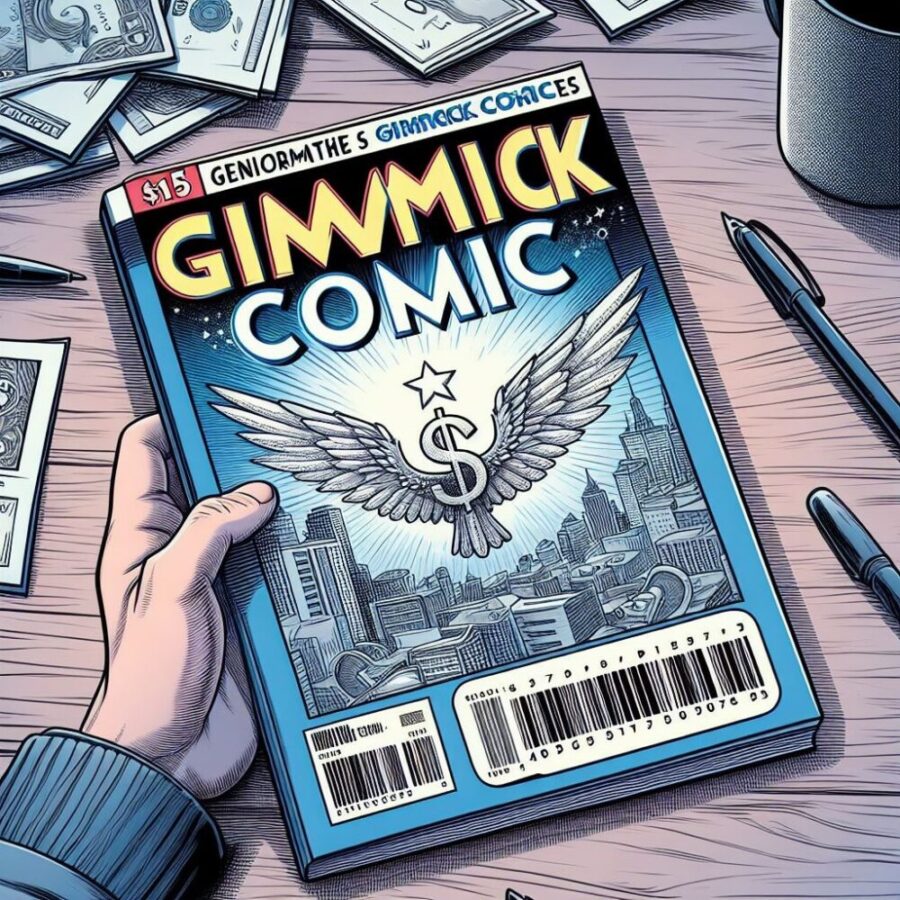
DALL-E
Businessman Ron Perelman bought Marvel for $82.5 million in 1989. Marvel would sell millions of comics successfully for years after. Marvel perfected gimmick comic events where plastic bagged comics contained a collector’s card, covers were made with reflective hologram foil, or multiple variant covers of the same comic were published. Fans would buy multiple copies of the same comic convinced they would become collector’s items. Marvel raised prices. It caused a collectors bubble that started popping in 1993. Pure luck allowed the rise of the MCU later.
Marvel’s 1990s Greed

DALL-E
It can’t be understated that it is a miracle Marvel Comics did not disappear in the 1990s. While Perelman is blamed for what happened, the company wholly embraced price-gouging readers and collectors for all their worth. Collectors of the era could not buy enough gimmick comics and Marvel took full advantage. It was a self-inflicted financial wound that should have prevented the rise of the MCU. Marvel accrued debts totaling over $600 million.
1996 Bankruptcy
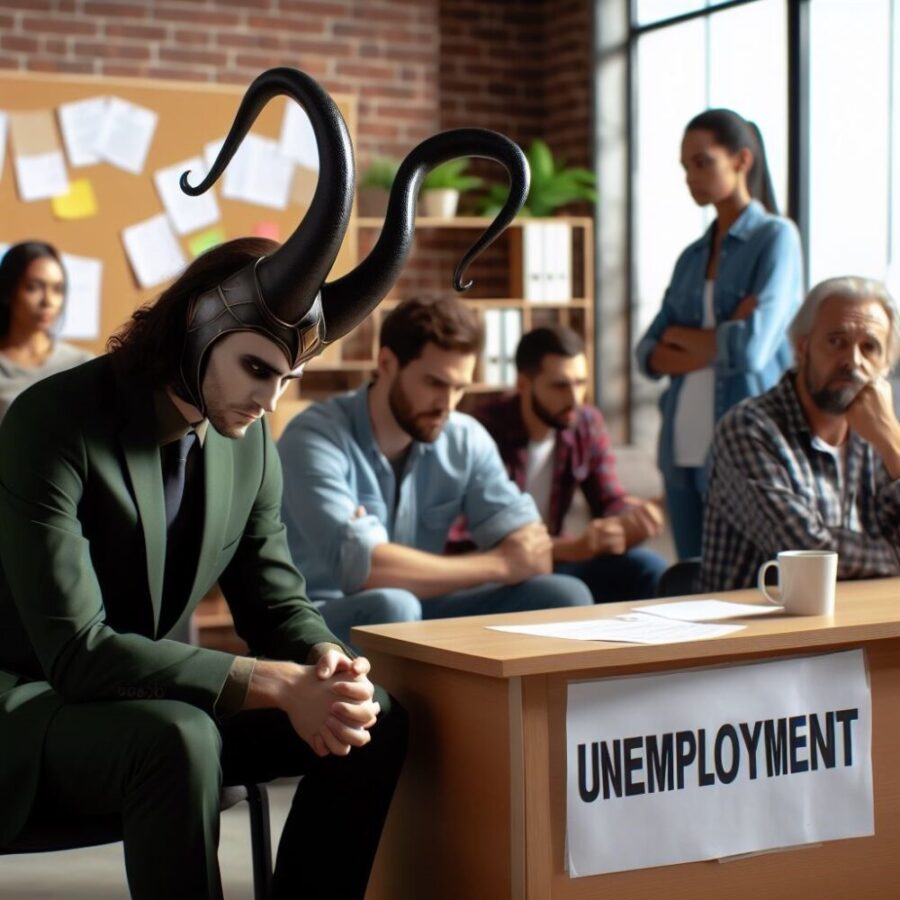
DALL-E
Marvel began ambitiously investing in its direct market system. Its comic books were sold in comic book stores instead of newsstand racks. The company released of glut of comic books to appeal to a collectors market. But increasing excesses of gimmick comics don’t make them future collectibles, so the market crashed. Marvel declared bankruptcy in 1996 and almost went out of business for good. Perelman merged Marvel with Toy Biz in 1998 but was ousted later.
Marvel Had Licensed Off Its Most Popular Characters to Stave off Bankruptcy
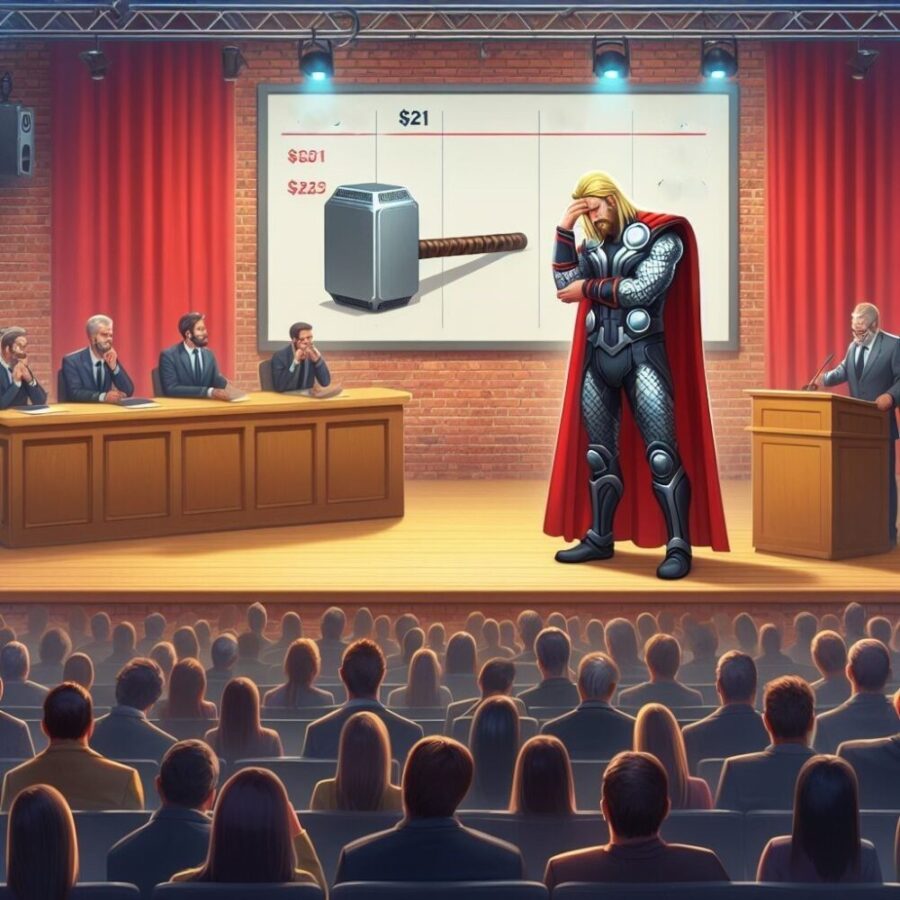
DALL-E
Marvel auctioned the film rights for many characters in the 1990s to stay solvent. The only reason Marvel made Iron Man in 2008 is because the film rights, owned by New Line Cinema then, had lapsed and reverted back before filming began. Marvel had to get the film rights to Captain America before the 2011 MCU film was made.
Marvel only recently reacquired the film rights to the X-Men, Fantastic Four, Deadpool, Punisher, Daredevil, Luke Cage, Jessica Jones, and Namor. Universal owns the rights to solo Hulk films, so Marvel uses Hulk in team films or supporting roles only. Sony still owns the film rights to the Spider-Man IP and all related characters. Marvel is still in the process of reacquiring other characters it sold off in the past. Would the rise of the MCU happened if any of these studios saw the potential of a cinematic universe before 2008?
Marvel Almost Sold All of Its Characters to Sony for $25 Million
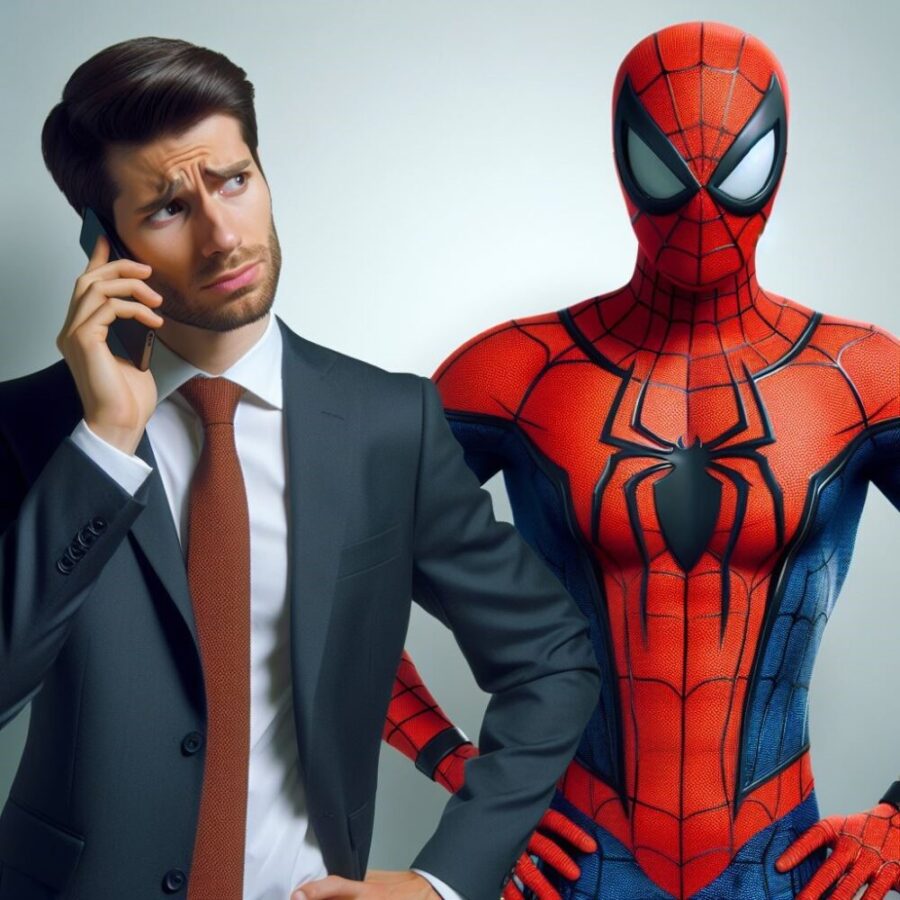
DALL-E
Before the MCU got off the ground, Marvel encountered many problems trying to make films based on its characters. It was also still hobbled by its recent bankruptcy. In the early 2000s, Sony inquired about the film rights to Spider-Man in 1999. Marvel offered Sony all of its characters for $25 million, but Sony only wanted Spider-Man and paid $10 million. Imagine a world where Sony owned every single Marvel character in 1999 – the MCU would not exist now.
Marvel Applies for a $525 Million Bank Loan to Launch Marvel Studios
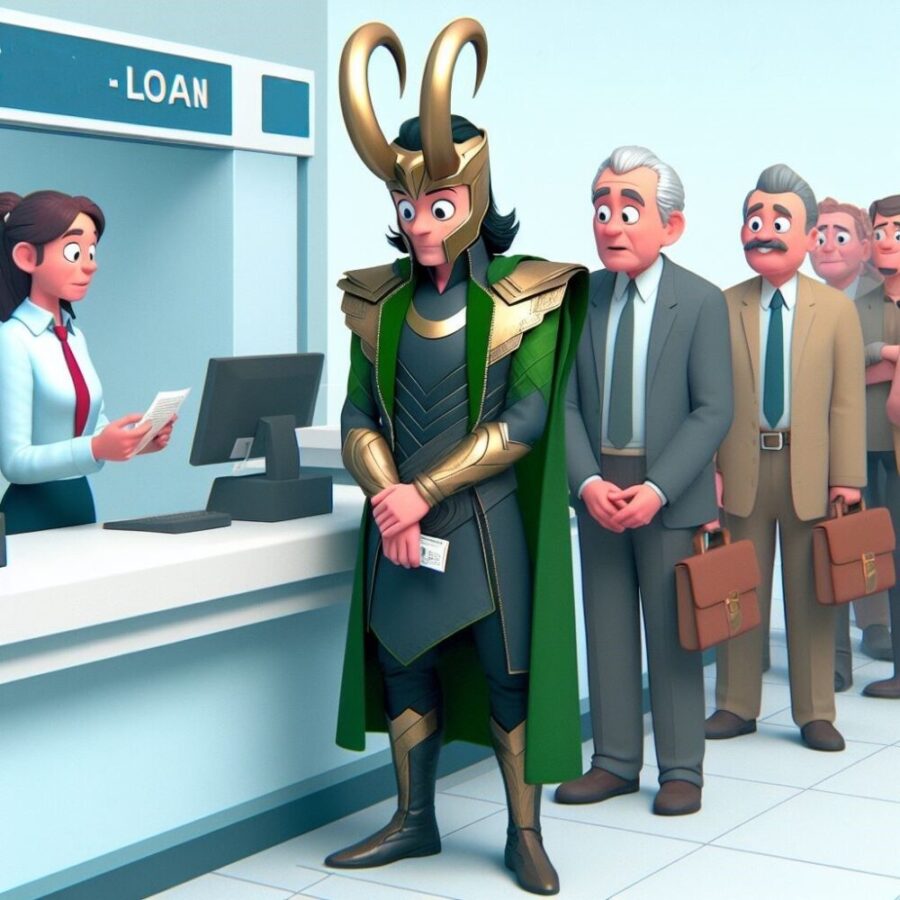
DALL-E
By 2005 Marvel was determined to create its independent film studio. The company financed a $525 million loan to launch the MCU. If Marvel had been unable to secure this loan, then the rise of the MCU would not have happened. Cinematic universes were not a thing back then and comic book films did not control Hollywood. Without mincing words, Marvel got a half-billion-dollar loan against the future profitability of lesser-known IPs completely unknown to casual fans. This was a big gamble that paid off, but imagine if they were declined.
RDJ Was Not Marvel’s First Choice For Iron Man
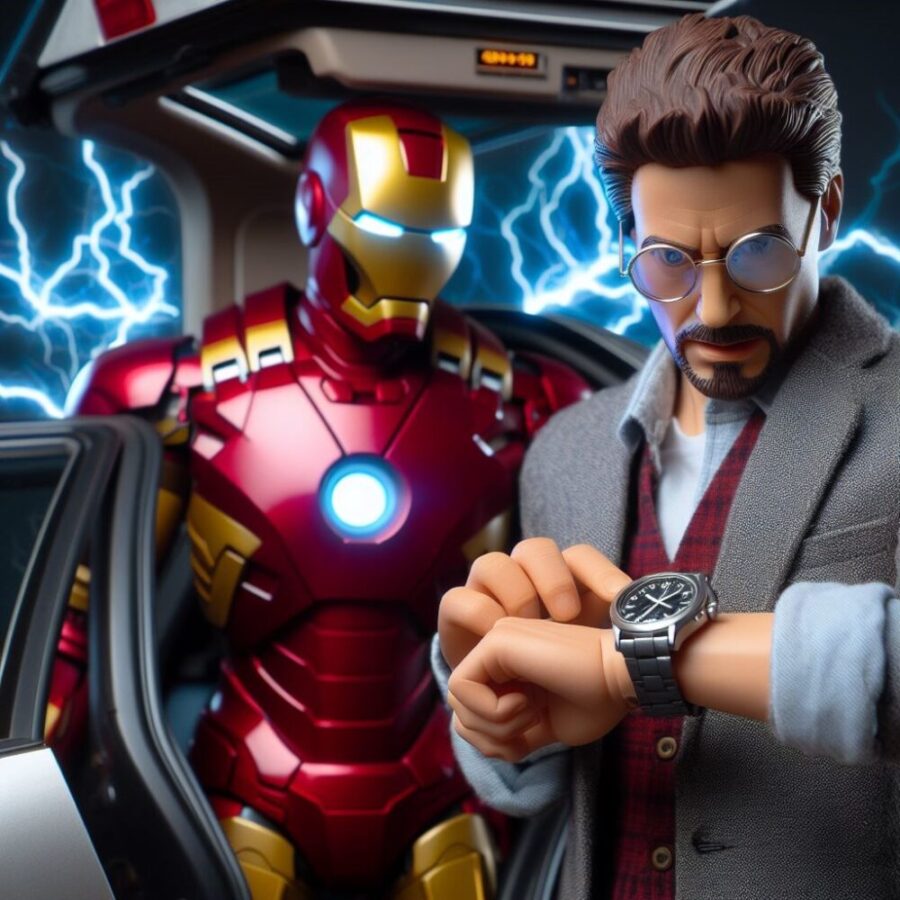
DALL-E
Robert Downey Jr. was a popular actor long before he portrayed Tony Stark. However, he fell from grace in the late 1990s and early 2000s grappling with highly publicized arrests and substance abuse issues. He was not Marvel’s first choice for Iron Man. Clive Owen was offered the role but declined. Tim Olyphant auditioned and there are rumors Tom Cruise was approached. Director Jon Favreau reportedly rallied for RDJ and he was cast in 2006. Imagine an MCU without RDJ as Iron Man.
The Black Panther and Captain Marvel Films Almost Didn’t Happen
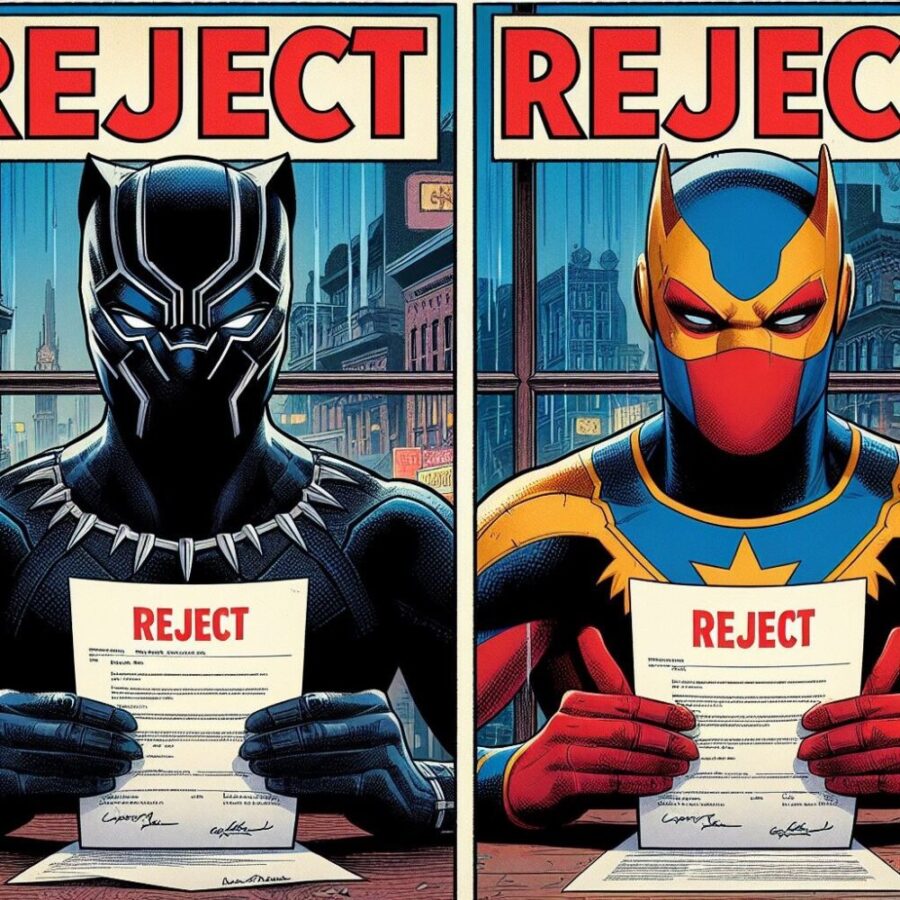
DALL-E
According to published reports, top Marvel executive Ike Perlmutter, who took over after Perelman left, did not believe that MCU films with female or non-white leads could be successful. Marvel executive and creative architect Kevin Feige reportedly fought for years to get 2018’s Black Panther and 2019’s Captain Marvel produced. Both films grossed over $1 billion each after release.
Perlmutter was fired from Marvel in 2015. This prior mindset might be why the 2021 solo Black Widow film only happened after the character died in 2019’s Avengers: Endgame. 2021’s Shang Chi and The Legend of The Ten Rings featured the first MCU film with a predominantly Asian cast.
Disney Buys Marvel and Fox and Makes a Deal With Sony for Spider-Man
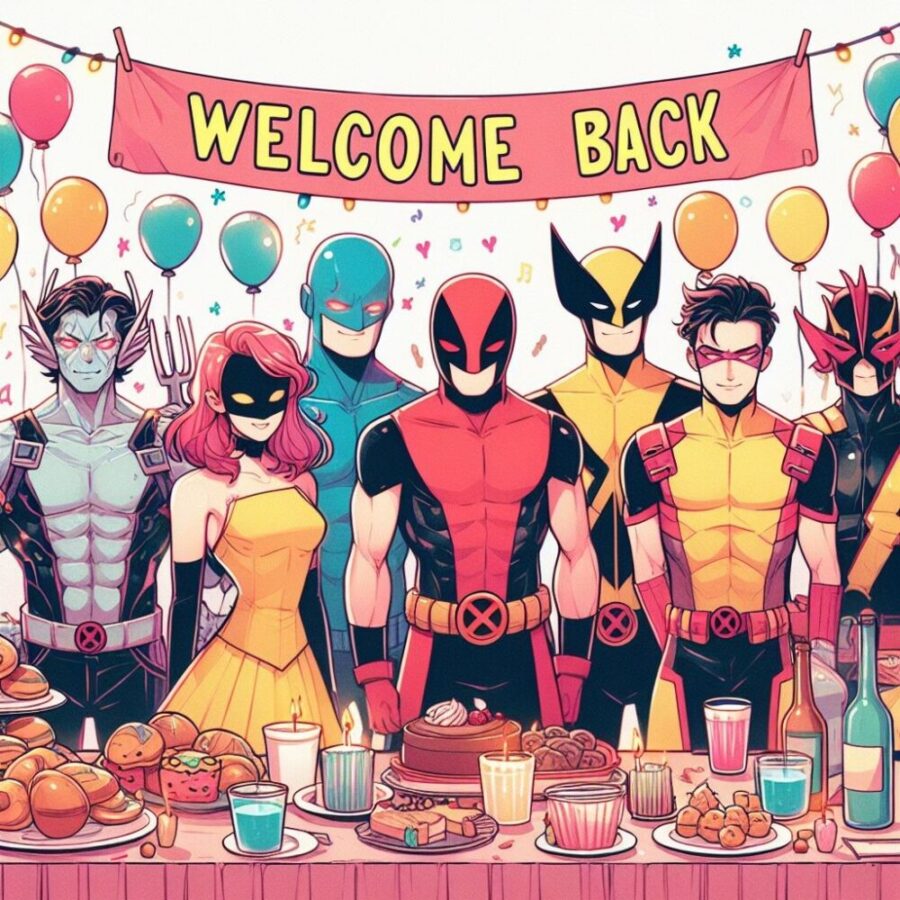
DALL-E
After 2008’s Iron Man Disney bought Marvel for $4 billion in 2009. The gamble of a $525 million loan paid off and the rise of the MCU was on its way with Disney backing. To get back some characters Marvel previously sold off, Disney bought Fox in 2019 for $71.3 billion to reacquire the film rights to the X-Men, Fantastic Four, and all their related characters.
In 2015, Disney made a deal with Sony to allow Spider-Man to join the MCU in 2016 in a complicated legal deal. The MCU can only use Spider-Man if Sony authorizes it. Sony still owns the sole film rights to Spider-Man and all related characters. It’s why it’s trying to make a Sonyverse with Spider-Man-affiliated characters now. Still, could you imagine the success of the Infinity Saga without Spider-Man?
Don’t Take The Rise of the MCU for Granted
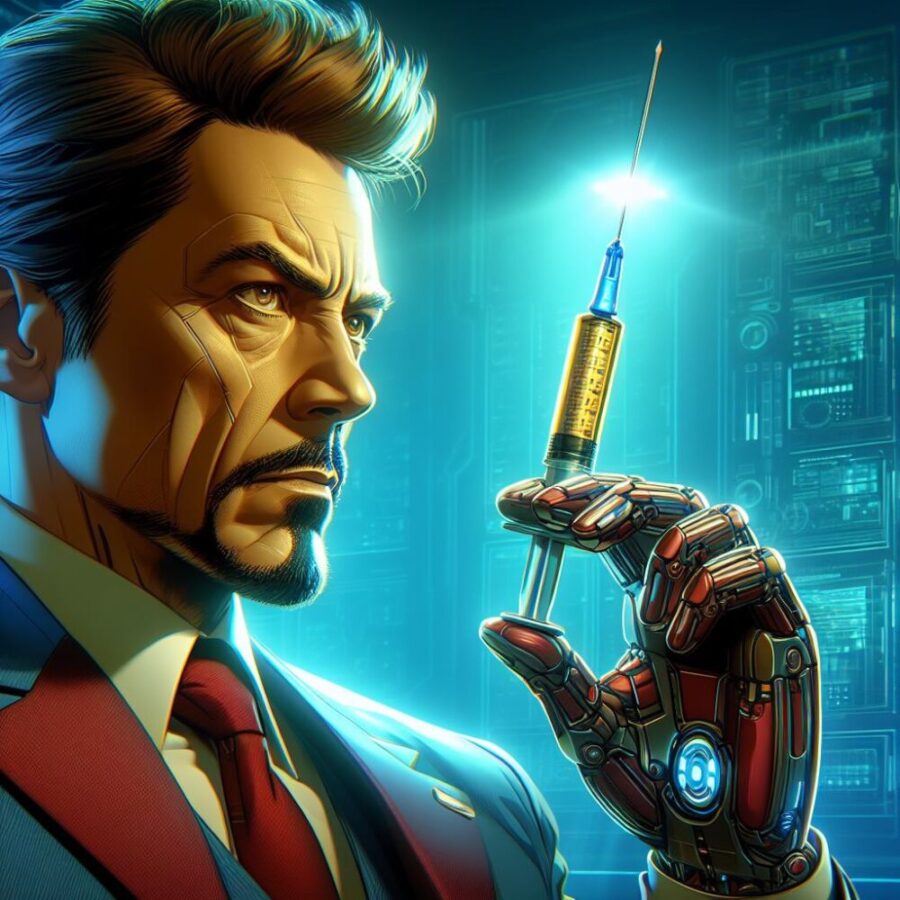
DALL-E
If any of these 14 facts had gone in another direction, the MCU might never have happened or not have been as successful as it has.
It is easy to complain about the current status of the MCU since many complaints are warranted. Still, it’s also easy to take for granted that the MCU even happened at all. The greatness of its golden era should be appreciated. Don’t count the MCU out just yet either – the best may be yet to come.
Read More
10 Superheroes With Weird, Disturbing, and Odd Superpowers
12 Unknown and Unappreciated Avengers Members in The Comics

Allen Francis is a full-time writer, prolific comic book investor and author of The Casual’s Guide: Why You Should Get Into Comic Book Investing. Allen holds a BA degree from Marymount Manhattan College. Before becoming a writer Allen was an academic advisor, librarian, and college adjunct for many years. Allen is an advocate of best personal financial practices including saving and investing in your own small business.

